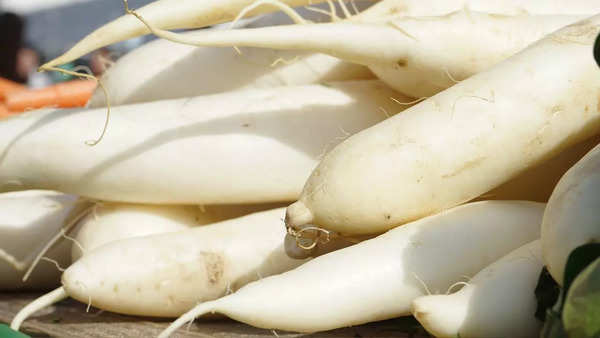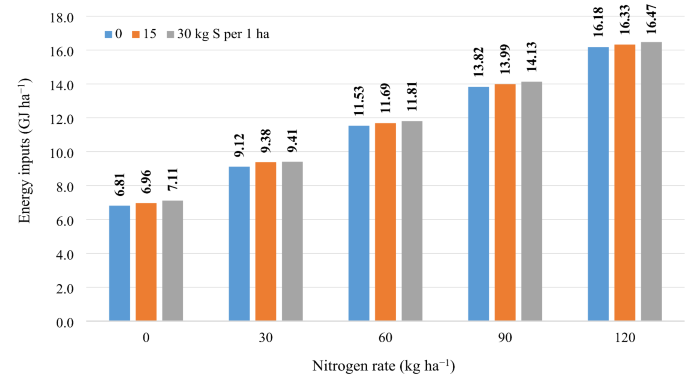
With winter around the corner, it’s time to enjoy some of the most delightful seasonal fruits and veggies, as they are loaded with the goodness of nutrients that help sustain the harshness of the weather. Here’s one vegetable that has been loved for its crunchy texture, unique taste, and lesser-known health benefits. Here’s all you need to know about those winter veggies.
Why radish?
During the changing season, our body requires a different set of nutrients to stay healthy, maintain energy, and strengthen immunity. While many people focus on heavier, hearty foods during the colder months, adding seasonal vegetables like radishes to your winter diet can make for a healthy addition to the diet. Here’s why!
Boosts Immunity
One of the most important nutrients our body needs to fend off winter colds and flu is vitamin C. Radishes are an excellent source of this immune-boosting vitamin, which helps stimulate the production of white blood cells, essential for fighting infections. Vitamin C is known for its antioxidant properties, which help protect cells from damage caused by free radicals. During winter, we’re often more susceptible to illnesses due to changes in weather and temperature, and adding radishes to your diet can help fortify your immune system.
Improves digestion and detoxification
Winter diets tend to include richer, heavier foods, which can sometimes lead to sluggish digestion or a feeling of heaviness. Radises can help alleviate this by improving digestion and promoting detoxification. They contain fiber and compounds like glucosinolates and anthocyanins that aid in digestive health and liver function. Radishes are a great source of fiber, which is essential for promoting regular bowel movements and maintaining gut health. Fiber also helps in preventing constipation, a common issue during the colder months when people tend to drink less water and eat more processed foods.

Liver detox
Radishes are also known to stimulate bile production, which helps the liver detoxify and process fat more efficiently. This can help your body clear out waste products and feel lighter, even after enjoying those indulgent winter meals. The easiest way to add radish to the diet is by making raw salads, pickles, sabzis, soups, or stews.
Better weight management
Radishes are a low-calorie, high-water-content vegetable, making them an ideal food for those looking to manage their weight. Their high fiber content also promotes satiety, helping you feel fuller for longer without consuming excess calories. A 100-gram serving of radishes contains only about 16 calories, making them a guilt-free addition to your diet that won’t contribute to weight gain. In fact, the fiber in radishes slows down the process of digestion and helps prevent overeating by keeping you feeling satisfied.
Keeps skin healthy
During the winter months, dry skin is a common issue due to low humidity, central heating, and exposure to the cold air. Eating foods rich in water and essential nutrients like strawberries can help combat dry, flaky skin by keeping it hydrated and nourished from the inside out. Radishes have a high water content of about 95% water, which helps keep the skin hydrated, even during the driest of winter months. Radishes are rich in antioxidants such as vitamin C and anthocyanins, which can help protect the skin from oxidative stress, free radical damage, and the signs of aging. Lastly, radishes are also a good source of essential minerals like potassium and zinc, which play important roles in maintaining skin health and preventing inflammation.
Heart Health
Maintaining heart health during the winter months is crucial, as colder temperatures can put extra strain on the cardiovascular system. Radishes can play a key role in supporting heart health by lowering blood pressure, reducing cholesterol, and improving overall circulation. The fiber and antioxidants found in radishes help to maintain healthy blood vessels and reduce the risk of cardiovascular disease.




